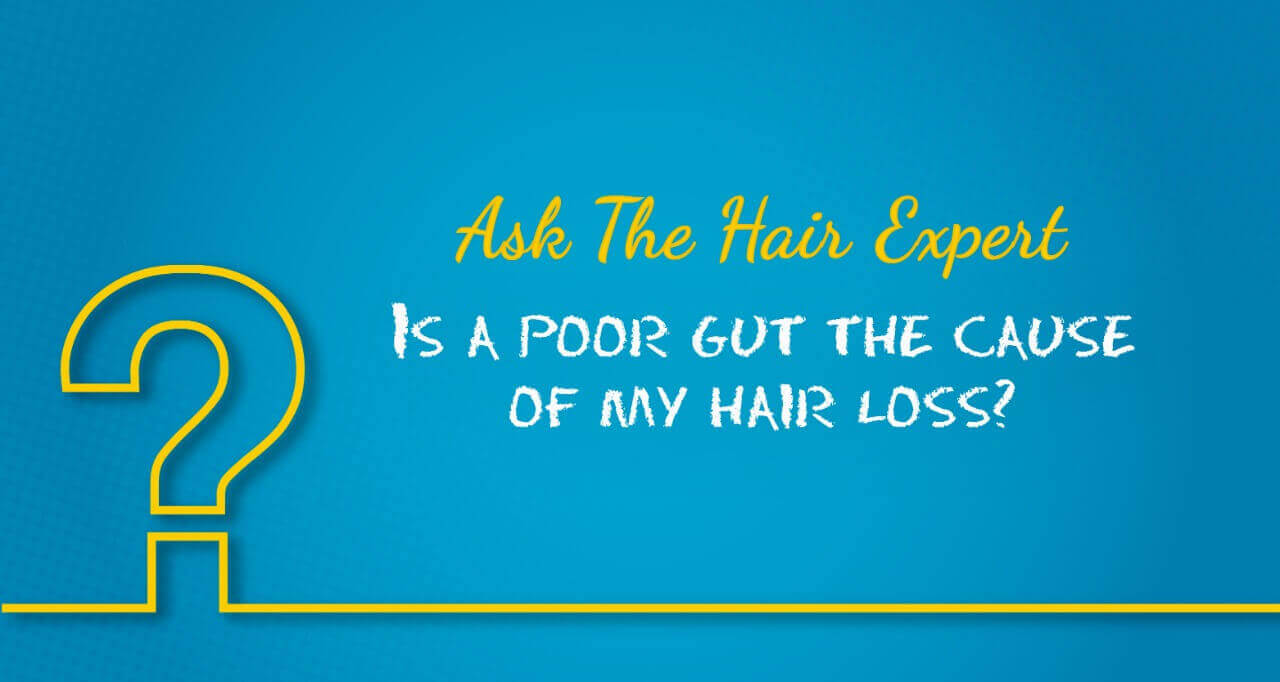Hair greys. It’s perhaps the most natural progression you notice as you age. But there is typically a point of time in life when this happens. When it happens ahead of time, it is worrying, intimidating and perhaps intriguing! Isn’t it?
The title question above has been asked by some of you, seeking clarifications and solutions. And we shall do exactly that in this page. Help you understand the problem better and guide you.
You asked: ‘Am I greying for real?! At such an early age?! Why does premature greying happen and is there a solution for it?’
Here’s the answer from the Hair Experts.
Yes. There are ways to tackle it.
Get to the root of the problem with the help of a Trichologist!
Let’s first understand what the concern here actually is, why premature greying happens, what the common causes and symptoms are, and then, move on to how it can be tackled. We will also look at solutions you can opt for if you are already struggling with the condition.
What is premature greying?
Graying or greying, as spelt in different English-speaking countries, refers to the natural process of the change in hair colour as you age. It is progressive, permanent and not naturally reversible. When it happens early, say before you turn 30, the condition is termed as premature greying or canities.
The complete list of reasons for this condition is perhaps not fully deciphered as yet, but we do know the factors that largely cause this concern. The condition has multiple factors associated with it, such as genetic predisposition, nutritional levels, lifestyle & habits such as smoking and even environmental factors.
Hair gets its colour from a pigment called melanin. Factors that cause damage to the melanin-producing cells, melanocytes, trigger premature greying. When there is a loss of colour pigment in the hair, it turns grey or white. Premature greying needs to be differentiated from various other genetic hypomelanotic hair problems. This is something only a Trichologist can guide you on. It is not something which you can figure on your own by googling! It needs a consultation + diagnosis process.
What are the causes & symptoms?
The following are the most common causes of premature greying of hair.
- Heredity – It is seen in some families that greying of hair starts at a very early age. This is due to a certain genetic predisposition.
- Lack of nutrition – Diet deficiencies in essential minerals like iron, copper, & zinc may trigger premature greying or white hair in young age. Some vitamin deficiencies may also contribute to premature greying of hair.
- Major illnesses such as vitiligo, thyroid disorders, anaemia and vitamin B12 deficiency can also trigger premature greying of hair.
- Mental stress can aggravate premature greying.
- Other lifestyle choices like smoking, faulty diet, excessive use of hairdryers and certain hair styling products.
- Exposure to harsh chemicals, toxins and pollutants.
It is very important to identify the first signs and symptoms of white hair at a young age to address it in a timely manner.
Who does it affect?
Premature greying, as mentioned above, refers to the greying of hair ahead of naturally expected time – before you turn 30. This can affect children as well as adults.
Can premature greying be cured?
It is crucial to understand that premature greying of hair is a controllable, but not a curable, problem. The focus is on arresting the spread of greying till the physiological age of greying i.e. 30 and above.
If a trichologist is consulted in time, you may be advised treatments that could allow color pigmentation to return to your hair, if the loss is due to a medical condition. In cases where the cause is bad diet or vitamin deficiencies, correcting the diet in itself may reverse the problem or atleast stop it from worsening.
What is needed is a methodical procedure for holistic treatment of premature greying hair – a trip to a Hair clinic.
- Trichologist conducts a detailed interview, to understand your concerns in depth.
- A physical examination is conducted to do a rough evaluation of the percentage of greying in different anatomical areas of the scalp. Your clinical evaluation of premature greying will also involve determining factors like whether body hair is involved or not in the greying process.
- Depending upon genetic susceptibility, your age and nutritional status, a clear objective is set to identify reasons and causes of grey or white hair on a personal level.
- The next step towards prevention of premature greying is giving a specific amino acid needed in hair pigment synthesis, to be used as an internal supplement for atleast one-year, along with vitamin B complex. If needed, iron supplements are also prescribed.
- Review process helps track the progress and confirms the successful arrest of premature greying of hair.
- Deterrent factors, which can still lead to premature greying of hair, are explained to you so that caution can be maintained to prevent relapse.
Thus, the Trichologist first analyses your hair and scalp condition, understands your medical case history, your lifestyle and daily routine, and accordingly guides you on the course of medical treatment. You will also get advised changes to be made, if need be, to your diet and lifestyle.
Premature greying hair treatment is done with an objective to control, sustain, and reverse the greying process where possible; however, the patient’s body response is a key factor in the process. This treatment is a long-term process that shows results gradually and to varying degrees.
Trust we have answered your questions and clarified on all related aspects of premature greying! If you wish for any further details or clarifications, you know where to reach us! Our experts are just a call away.
Remember, each individual’s hair and scalp condition is different from the other. One solution doesn’t fit all! While one remedy may work for your friend, it may not quite do the needful for you!
Hence, a gentle reminder – If you ever notice worrying changes in your hair, such as persistent hair loss, itchy scalp, and split ends or no growth, contact a trichologist immediately. These are all signs that could be signalling to you! Don’t postpone or hesitate.
For more on hair & scalp concerns, and for all things ‘Hair’, do follow our blogs on hair loss, hair care, treatments and solutions and interesting hair trivia!
Connect with us on social media on the links below. Do leave your questions & comments and we will address them all, just as we have done today!



